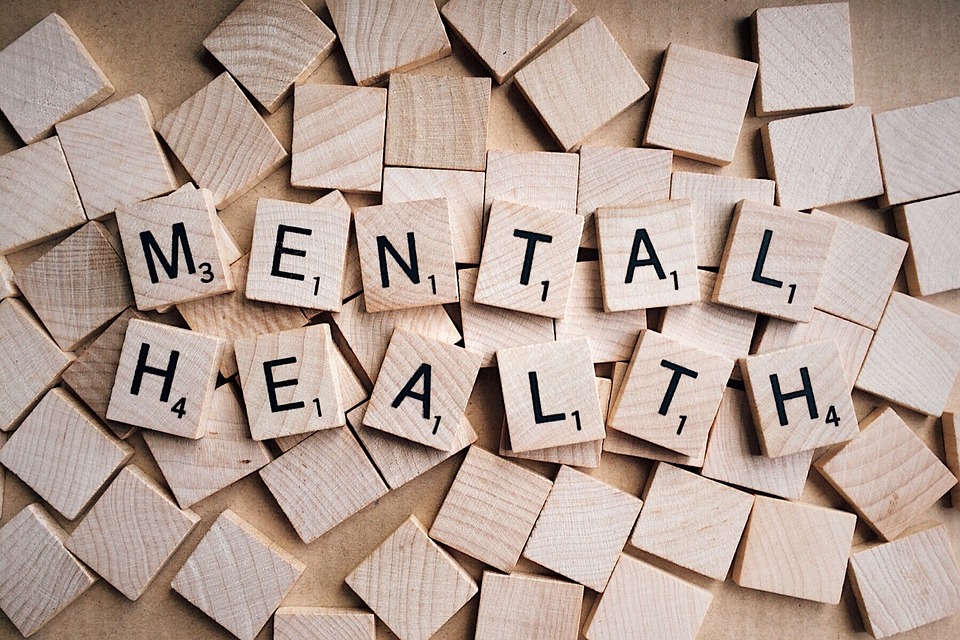Navigating Health Issues: What Every Family Should Know
In today’s fast-paced world, families face numerous health challenges that can impact their well-being and lifestyle. Navigating health issues requires knowledge, preparation, and a proactive approach to ensure that individuals and families maintain optimal health. In this article, we’ll explore essential health topics every family should be aware of, enabling them to take informed steps toward a healthier future.
Understanding Common Health Issues
Health issues can arise from various factors including genetics, lifestyle choices, and environmental conditions. It’s crucial for families to recognize and understand these issues to manage and prevent them effectively.
Chronic Diseases
Chronic diseases are long-term health conditions that can significantly affect quality of life. Common examples include:
- Diabetes: A condition where the body either cannot produce insulin or use it effectively, leading to high blood sugar levels. This disease affects approximately 463 million adults globally, many of whom are unaware of their condition (International Diabetes Federation, 2021).
- Heart Disease: This encompasses a range of disorders affecting the heart, including coronary artery disease and heart attacks. According to the CDC, heart disease remains one of the leading causes of death in many parts of the world (CDC, 2022).
Mental Health
Mental health plays a vital role in overall well-being. The World Health Organization emphasizes that mental health encompasses emotional, psychological, and social well-being (WHO, 2018). Key issues include:
- Depression: Affecting millions, depression can lead to various physical and emotional problems that reduce a person’s ability to function normally.
- Anxiety Disorders: These disorders can interfere with daily activities and can be severe. It’s important for families to recognize symptoms early on.
Prevention and Early Detection
Preventing health issues or addressing them early can save lives and reduce healthcare costs. Here are strategies families can implement:
Regular Health Check-ups
- Screenings: Regular screenings for blood pressure, cholesterol levels, and certain types of cancer can catch issues before they escalate. According to the American Cancer Society, early detection of conditions such as breast and cervical cancer significantly improves survival rates (American Cancer Society, 2021).
- Vaccinations: Keeping up with vaccinations protects not only individual family members but also the broader community by preventing the spread of infectious diseases.
Healthy Lifestyle Choices
A healthy lifestyle is a cornerstone of effective health management:
- Nutrition: Incorporate fruits, vegetables, whole grains, and lean proteins into your family’s diet. A balanced diet supports optimal physical and mental health.
- Exercise: Aim for at least 150 minutes of moderate aerobic exercise each week for adults. Children should engage in age-appropriate physical activities daily. Regular exercise reduces the risk of chronic diseases and enhances mood.
Communicating About Health
Open communication within families can lead to better health outcomes. Here’s how to foster these conversations:
Encouraging Healthy Discussions
- Be Open: Create an environment where family members feel comfortable discussing their health concerns. Regular family meetings can facilitate dialogue about lifestyle changes, updates on health issues, and support systems.
- Education: Teach family members about health issues relevant to them. For instance, if a family member has diabetes, share information on managing diet and medication.
Seeking Professional Guidance
Don’t hesitate to reach out to healthcare professionals for advice. Seeking help from primary care providers, nutritionists, or mental health experts can be crucial. According to a study published in the Journal of Health Communication, seeking professional advice leads families to make informed decisions about their health care (Journal of Health Communication, 2020).
Managing Health Crises
Health crises can arise unexpectedly. Here’s how families can navigate such situations effectively:
Creating a Health Emergency Plan
- Emergency Contacts: Keep a list of important contacts, including your doctor, local hospitals, and emergency services. Make sure all family members know where this list is kept.
- First Aid Kits: Maintain an updated first aid kit in your home and car. Training in basic first aid can be invaluable during emergencies.
Staying Informed
Stay updated on local health issues and outbreaks. Regularly check resources like the CDC and WHO for current health advisories. For example, during flu season, being informed about symptoms and vaccination options can significantly protect your family’s health.
Conclusion
Navigating health issues is a critical aspect of family life. By understanding common health challenges, implementing preventive measures, encouraging communication, and preparing for health crises, families can foster a healthier future. Take proactive steps today for a well-rounded approach to health and well-being. For further insights, consider exploring our guide on managing chronic diseases.
Frequently Asked Questions
What are common health issues families should be aware of?
Common health issues include chronic diseases like diabetes and heart disease, as well as mental health conditions such as anxiety and depression. Awareness can lead to better prevention and treatment options.
How can families prevent health issues?
Families can prevent health issues by engaging in regular check-ups, maintaining a balanced diet, exercising regularly, and staying informed about health recommendations.
Why is open communication about health important?
Open communication helps family members share concerns and seek support. It creates a supportive environment where everyone feels comfortable discussing their health.
What steps should be taken during a health crisis?
During a health crisis, it’s vital to have an emergency plan in place, including a list of contacts, access to first aid kits, and knowledge of emergency procedures.
How can families stay informed about health issues?
Families can stay informed by following reputable health organizations like the CDC and WHO, attending health workshops, and discussing health topics regularly.
What resources can help families manage health issues?
Resources such as local healthcare providers, community health programs, and online platforms like health journals can provide invaluable information and support.








